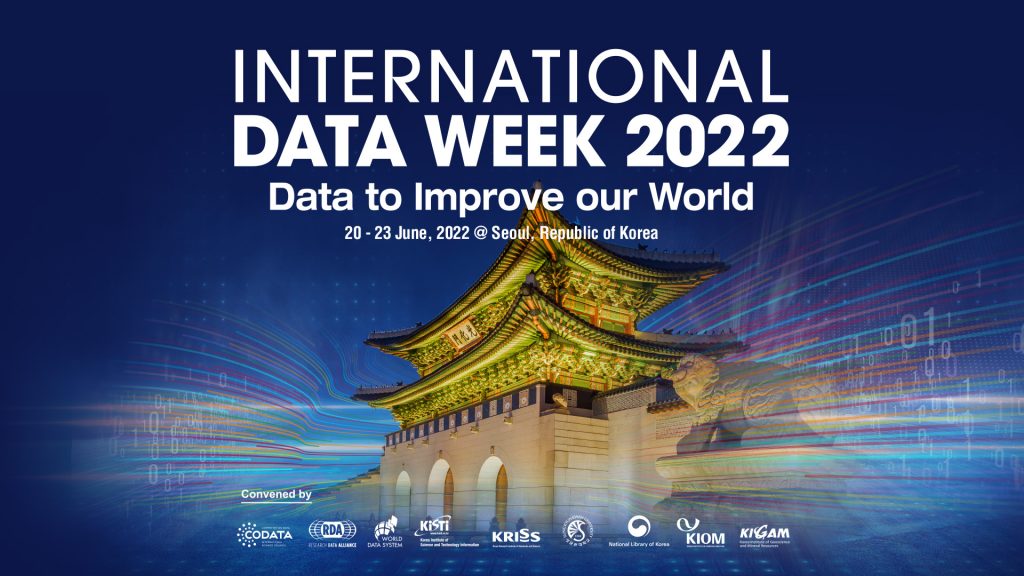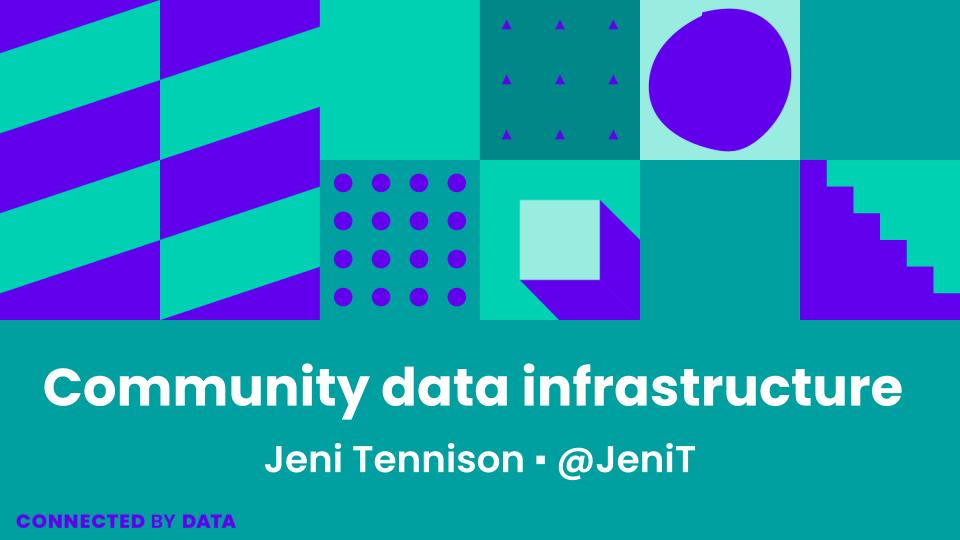SciDataCon: A data-driven systems approach to the net zero transition: A control loop for the protection of the planet
Jeni spoke on the panel, discussing GPAI’s work on data stewardship to address the climate crisis and making the case for more community-level involvement.
Digital technology is increasingly recognised for its potential to bolster international efforts to address climate change: a complex global challenge that calls for a data-driven systems approach. To this end, climate models, using earth observation data and running on supercomputers, have been central to understanding and finding solutions climate change.
Emerging data-driven applications highlight new possibilities in the net zero transition. For example, collaboration between governments, academia, industry and the third sector can enable the creation of ‘digital twins’ that model natural and human activity to minimise emissions, find trade-offs and promote sustainable development. In future, where assets are connected through a digital infrastructure, it becomes possible to utilise digital twins to establish feedback loops to monitor, understand, optimise and reduce greenhouse gas emissions in many sectors. On a global scale, with adequate coordination, such systems could be integrated into a ‘planetary digital twin’—what we describe as a ‘control loop’ for the protection of the planet.
In December 2020, the Royal Society outlined the advantages of a ‘control loop’ for the planet in its report Digital Technology and the Planet: Harnessing computing to achieve net zero . This policy report sets out the role of digital technologies in helping reduce greenhouse gas emissions across sectors and identifies the potential of digital technology to make a wider contribution to the international effort to address climate change. This session forwards key insights from Digital Technology and the Planet in exploring how layered ‘common digital technologies’ might accelerate a data-enabled net zero, as well as the governance and incentives required to make relevant data available for such initiatives.
This panel discussion will set out the international scope of these aims, with a focus on emerging data issues:
- How a planetary digital twin could support research and innovation for the planet, and benefit wider communities and society;
- Requirements in building a trustworthy data infrastructure for net zero that will enable the interfacing of real-time global environmental, climate and economic data;
- Data rights, access and international collaboration needed to realise a control loop for the protection of the planet.
To discuss these themes, we will convene invited experts on data governance, modelling and infrastructure, and will be moderated by the Royal Society Digital Technology and the Planet Project Chair. Together, the panellists represent a range of international expertise and perspectives on the practical and ethical possibilities for implementing a planetary digital twin.

